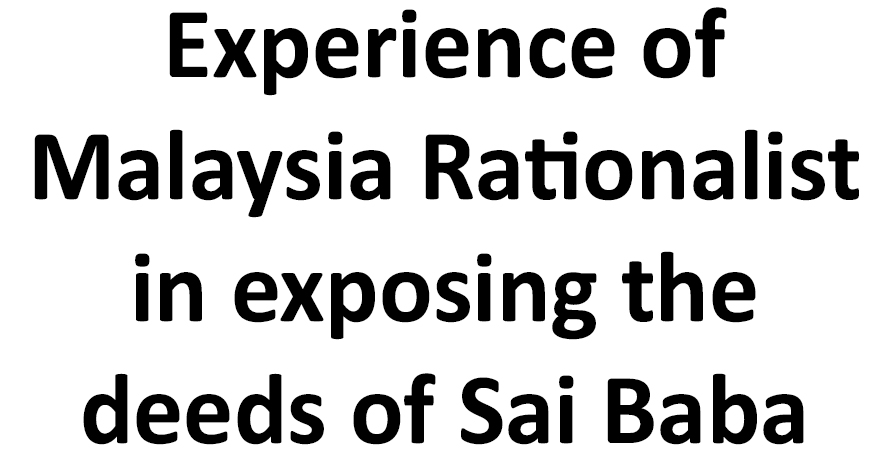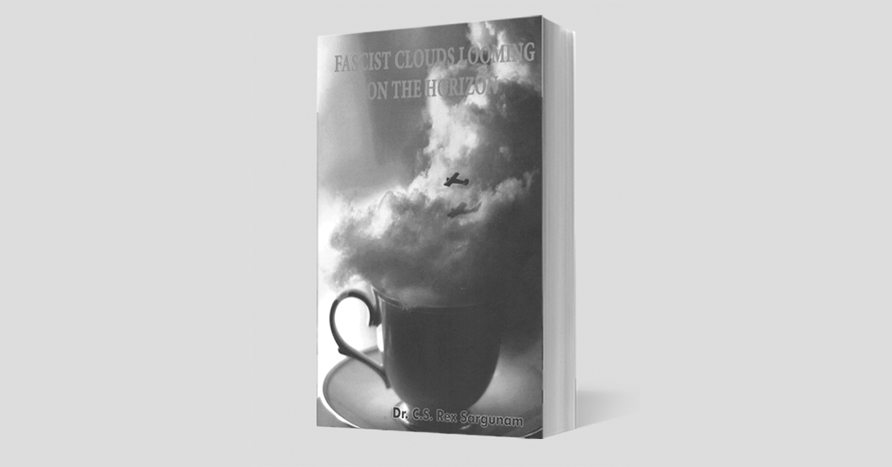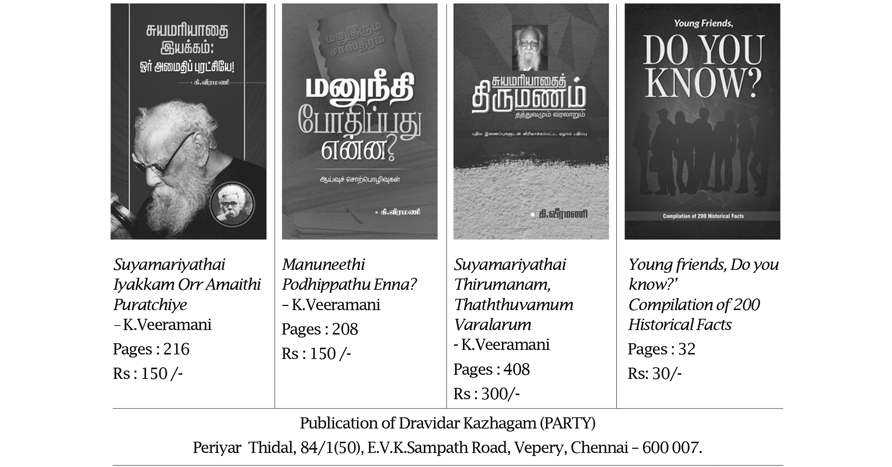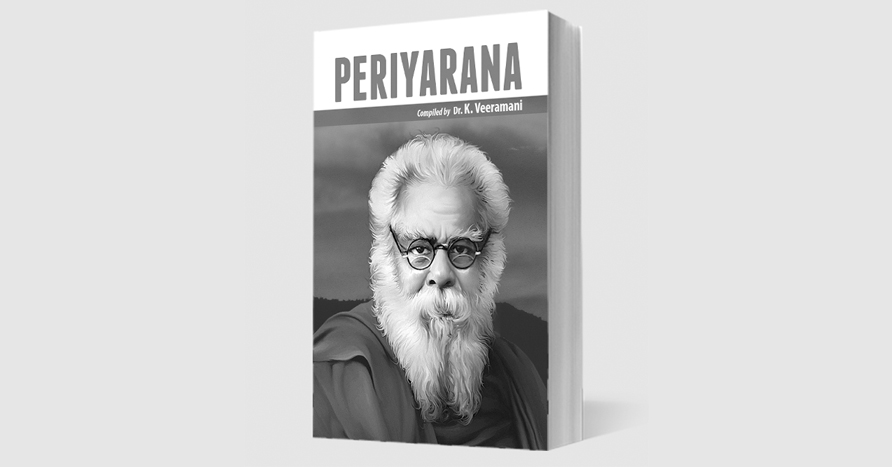The Bombay Chronicle, in its issue of 30th October 1929 writes:
“It is impossible for observant men to shut their eyes any longer to the advent of a new movement in the realm of thought in India which may generally be called the Rationalistic movement. It is a tendency, for the present confined to a few, to examine every social or religious belief or usage in the light of pure Reason and to reject every belief which is repugnant to the dictates of reason even if it be sanctioned by ancient texts or custom. The tendency is not altogether new in India. Not to go far back in history the rise of the Brahma Samaj was indicative of freedom of thought on religion and of increasing reliance on Reason rather than on Dogma. Modern education, the progress of science, and several other forces strengthened the tendency. Apart from events in Turkey and other Asiatic countries, Mahatma Gandhi’s message of truth as the final arbiter and his own relentless pursuit of Truth, unhindered by any dogma or custom have created a ferment in the Indian mind, the full effect of which are too subtle to be now measured. But the unanimous acceptance by the Congress of the campaign against the custom of untouchability registered a phenomenal change in the mind of the cultured Indian. The widespread cry for the abolition of Caste, another time-honored institution, and the cordial response given to the Sarda Bill despite the force of custom and of scriptural texts against it, are other signs of the change. A few months ago, we heard of a magazine called the “Rationalist,” started in the Punjab to preach pure Rationalism. Shortly after was started in Bengal, “the League against Mullaism” to fight fanaticism and superstition prevalent among many Muslim Mulla. In Madras similar work is being carried on by a weekly paper called the “Revolt”. Apart from the merits of the views propagated by it, this paper does exhibit the spirit of revolt against custom or dogmas that do not appeal to Reason.”
Coming nearer home, we are ourselves astonished at the very radical views expressed by our correspondents on vital questions of religion. They certainly betoken a real ferment in the minds of our educated men and a strong desire to appeal from authority to Reason. The many correspondents who have written on the subject of “Teachings of Zoaraster” have covered a much wider ground than suggested by the subject itself. Most of them, including Parsees, Hindus, Christians, and Muslims, have displayed a clear rationalistic basis. The specific question which has agitated their minds is the present degraded position of priests. Some suggest that the priestly class must be radically reformed and others that the class must go altogether. If priests cannot be got to do anything better than go through or lead men through rites and ceremonies and mechanically say ill-understood vicarious prayers for consideration, few will regret their going. But it may be urged by some that society needs true ministrants to the soul as it needs doctors and teachers to minister to the body and the mind.
“In Madras similar work is being carried on by a weekly paper called the “Revolt”. Apart from the merits of the views propagated by it, this paper does exhibit the spirit of revolt against custom or dogmas that do not appeal to Reason.”
Society sorely needs religious missionaries like Swami Vivekanand or Swami Rama Tirth. Not all missionaries can rise to their stature but many can follow the lines chalked out by them. In painful contrast with such missionaries is the average priest of the present day who is himself superstitious and ignorant and feeds the superstition of the people whom he serves. Priests like these are a drag on society and naturally bring their order into contempt. The evil that they do is aggravated where they constitute themselves into a caste and demand reverence by virtue of their belonging to the Caste. The whole institution of Priesthood, if it is to exist at all – and we see no reason why it should continue to exist – needs an urgent and drastic reform.
It must be noted at the same time that the superstition among priests is to a large extent only the reflection of the superstition among the people who support them. So long as people are content with mere rites and ceremonies as a substitute for religion, priests will not want to accommodate them. So long as people think that there is more merit in giving gifts to gods and goddesses than in building schools and hospitals, there will not be a dearth of persons to receive the gifts on behalf of the gods and goddesses. We therefore, welcome the advent of a strong reaction against superstition that we noted above. We also welcome Mr. Nariman’s idea of forming an Association “the prime objective of which shall be the annihilation of all those ruinous customs and manners, of those rites and rituals which in the name of God have retarded the onward march of man.”
Source : Revolt, 10th November 1929






